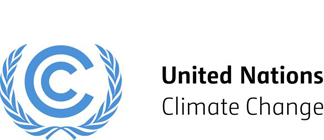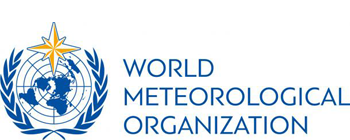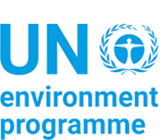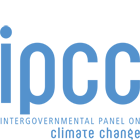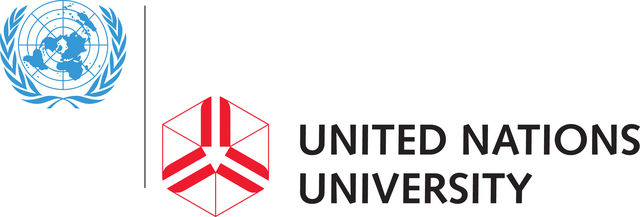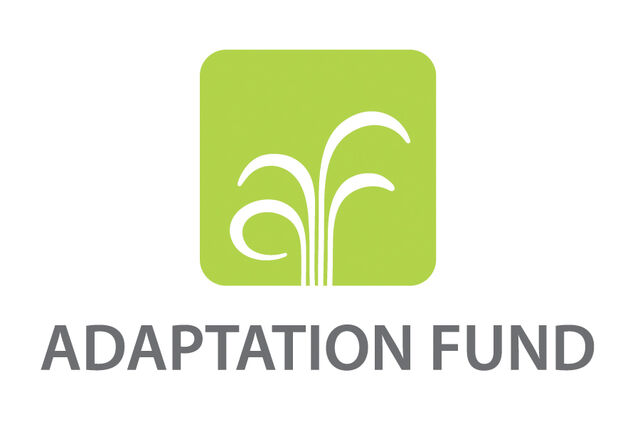This WASP brief looks at the risk of cascading climate change shocks and stressors. The Science for Adaptation Policy Brief Series targets researchers, policymakers, and practitioners to help them bridge the science-policy-action interface.
Key messages
• Cascading impacts of climate change amplify human vulnerabilities and risks, and further challenge the success of our sustainable development trajectories.
There are increasingly small windows of time in which to build back from each shock and stressor. Impacts are exacerbated for those most at risk (e.g., women, children, the elderly, and marginalized groups).
• Responding to cascading risks and impacts requires transdisciplinary, cross-scale and cross-sector action. Collaborations are key to identifying the linkages in cascades and developing ways to build adaptive capacity and resilience. Cascading risks with transboundary and multi-system impacts (e.g., food, health, migration, water), together with uncertainties about future manifestations, make risks harder to predict and act upon.
• A focus on equity and justice is essential for effective responses in vulnerable developing countries. The complexity of interconnected risks requires comprehensive governance responses, transdisciplinary collaboration and integration, and collective decision-making at multiple scales that focus on underlying social and political barriers (i.e., equity, marginalization, institutions).
• There is insufficient financing to support communities to develop locally led resilience activities to respond to increasing cascading risks and impacts.
• COVID-19 stimulus packages that ensure a healthy environment and basic livelihoods, as well as access to jobs in the renewable energy industry, will help build adaptive capacity, resilience and reduce future risks.

